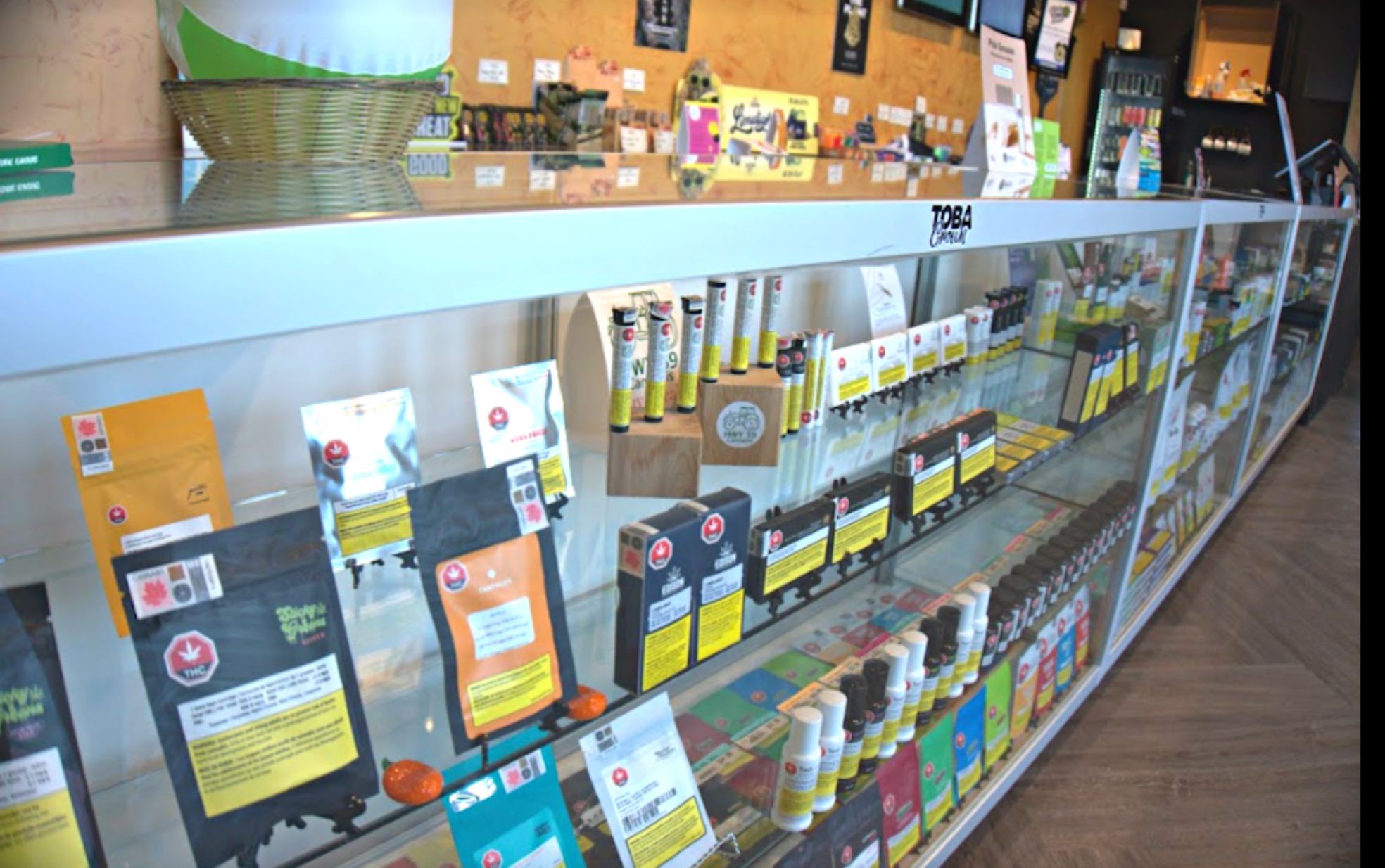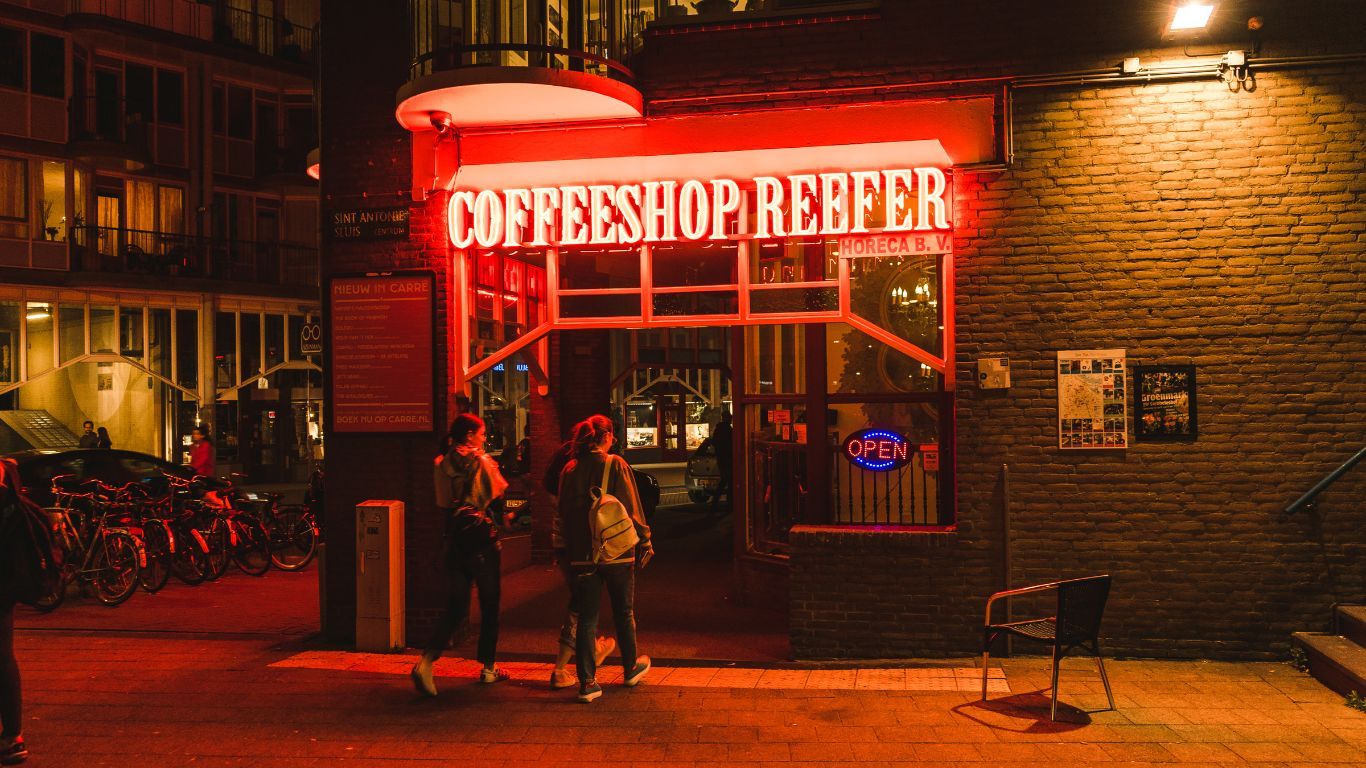
The Manitoba government is looking to repeal its 6% social responsibility fee to help the legal market better compete with the illicit market.
If passed, the legislation will be in effect as of January 1, 2023.
The fee was originally put in place to ensure cannabis stores contributed to the social costs that were expected by some to come with legalization, such as increased health costs, public education, and addiction services.
“The social responsibility fee is a key component of our regulatory framework for non-medical cannabis,” said Justice Minister Cliff Cullen when the legislation was first introduced in 2019. “It would be used to protect vulnerable populations, help eliminate the illegal market, and pay for social costs connected to cannabis use. This approach ensures retailers would share in the social costs of public education, safety, health, and addictions.”
In the nearly three years that the fee has been in place, the province has brought in around $2.4 million to pay for these kinds of services. Since then, the cannabis market in the province has grown significantly, with approximately 170 retail stores currently listed as open.
The bill to repeal the social responsibility fee, Bill 10, The Liquor, Gaming and Cannabis Control Amendment Act (Social Responsibility Fee Repealed), was introduced on Monday, November 28, by the Minister of Finance, Cameron Friesen, and seconded by the Minister of Indigenous Reconciliation and Northern Relations, Alan Lagimodiere.
Minister Friesen said repealing the 6% fee is another step the provincial government is taking to help the legal cannabis industry displace the illegal cannabis market in Manitoba.
“After four years of legalization, the cannabis market is maturing, the regulatory costs to the province are well known, leading to the repealing of the social responsibility fee and the transition to a new taxation regime for the long term,” said Friesen. “Repealing the social responsibility fee will continue to reduce the cannabis cost to consumers looking to switch from the illegal market.”
The bill will still need to go through second and third reading before potentially passing and becoming law.
Cannabis sales brought in over $24 million for Manitoba in 2021-2022 (Year ending March 31) after all operating costs and allocations. This was up nearly 75% from the earnings in the previous year of $14.1 million.
Although it doesn’t break down specific cannabis dollars, the province released more than $11 million in social responsibility funding in 2021-22 and more than $12 million in the previous year.
Revenue generated by cannabis operations in the province was $113.9 million in 2021-22, an increase of $33.7 million, or 42 percent from revenue of $80.2 million in the prior year.
Sources say the province is also looking to join onto the federal excise tax program, which the province originally opted out of. This would increase the tax collected in Manitoba from $0.25 a gram to $1 a gram.
Manitoba also launched a “cross docking” service in 2022 to address some of the challenges the province’s direct-to-retail distribution can pose.
Feature image via The Cannabis Market in Winnipeg

































